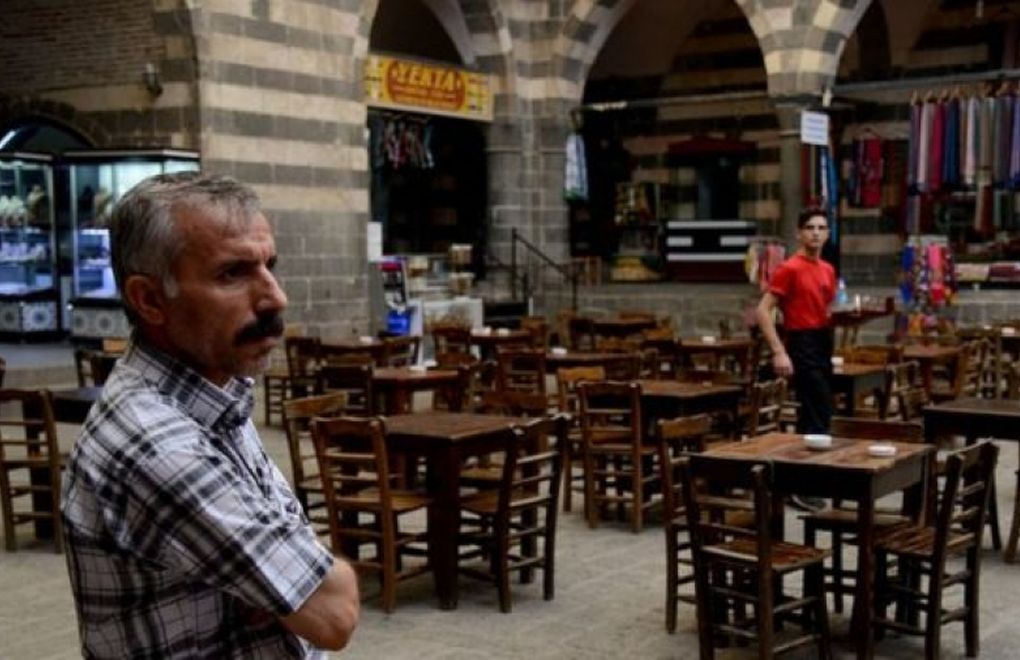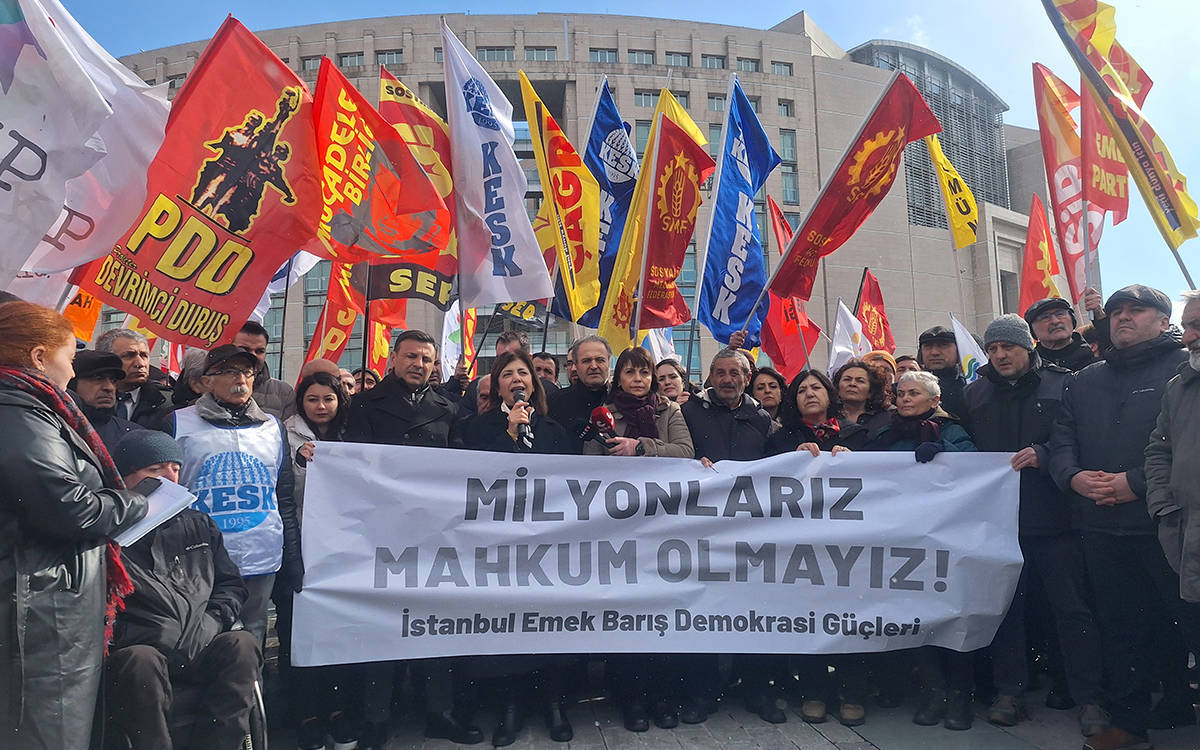* Photo: Tigris News
Click to read the article in Turkish
The Diyarbakır Chamber of Commerce and Industry and the Diyarbakır Organized Industrial Zone conducted a field study with the participation of 152 businesses operating in the Diyarbakır Organized Industrial Zone.
Addressing a series of questions to the businesses from May 11 to 22, the study aimed to find out how the production in Turkey's Kurdish-majority Diyarbakır province been affected by the novel coronavirus (COVID-19) and how much the businesses operating there could benefit from the economic relief packages and measures introduced by the government.
The results of the study have shown that 82.3 percent of the businesses in Diyarbakır have been affected by the pandemic.
While 42 percent of 7,976 workers employed in 152 businesses applied for short-time work allowance in this process, only 1,880 of the applicants could qualify to benefit from the allowance.
According to the survey results, 61.2 percent of these businesses have credit debts to banks in the short, medium and long term. 84 percent think that the economic relief packages unveiled in the meanwhile are not enough.
CLICK - How Has Pandemic Affected Economy in Southeastern and Eastern Turkey?
Kaya: Rate of benefiting from relief is very low
Speaking to bianet about the results of the survey, Diyarbakır Chamber of Commerce and Industry Chair Mehmet Kaya has underlined that the government has to prepare a new economic relief package for the provinces in the east and southeast Turkey. Kaya has shared the following observations about the study:
"The relief package announced by the government for employers in the pandemic process is quite full. There are many things ranging from taxes and credit debt to the deferment of social security debts. However, despite all this relief unveiled so far, the satisfaction rate in the provinces of the region is very low. We did this study to find out its reasons.
"The rate of benefiting from the relief package is very low in the region. They cannot receive loans as their record is not good. The pandemic aside, the periods of conflict have affected the economy of the region negatively and, so, it is not possible for them to receive loans or defer the debts. The number of those benefiting from the short-time work allowance is very low because entering-leaving a job at short intervals is very frequent.
'The same formula does not work everywhere'
"The studies conducted about the issue show that the provinces in the southeastern and eastern regions of Turkey have been affected the most by this crisis. So, you need to prepare a new package for this region. Relief is the right thing to do, but its distribution is problematic. A new package considering all conditions need to be unveiled as soon as possible so that the regions can also benefit from it."
11.2 percent stopped production all together
The participants were first asked "how they had carried on their activities since March 11, when the coronavirus outbreak was declared in Turkey."
While 31.6 percent of the participants said that "they kept on working as usual by maintaining the safety of work and workers," 23 percent answered that "they started producing half time" and 15.1 percent said that "they continued as before without making any changes." 11.2 percent said that "they stopped producing all together as sales had dropped."
The results of the survey have shown that 82.3 percent of the producers and their production activities have been affected by the pandemic in some way.
When they were asked "what precautions they took against the coronavirus in their workplace," the participants could give more than one answer:
29.50 percent said that they "bought and used all of cleaning-disinfecting-protective supplies," 24.9 percent answered that "they ensured their workers to work by keeping the necessary social distance." 21.90 percent of the participants said that "they started to offer services in service vehicles and dining halls by keeping social distance and disinfecting."
Only 6.70 percent 'not affected at all'
To the question on whether they had any workers who tested positive for the coronavirus, 99.3 percent said "No" while 0.7 percent answered in the affirmative. According to the survey results, those businesses where the workers tested positive were temporarily closed.
When they were asked "how they were affected by the quarantine and other measures taken against coronavirus as producers," 6.70 percent said that they were not affected in any way at all.
While 23.90 percent said that "there was a fall in their working capacity and opportunities," 20.50 percent answered that "they started to have difficulties in meeting their expenses such as paying the rent, bills, taxes and insurance." 19.80 percent said that "they started to have difficulty in paying the wages of their workers." (RT/SD)












